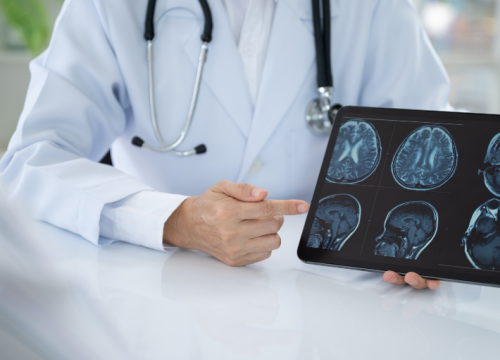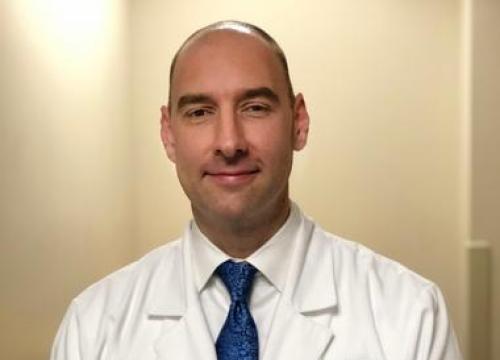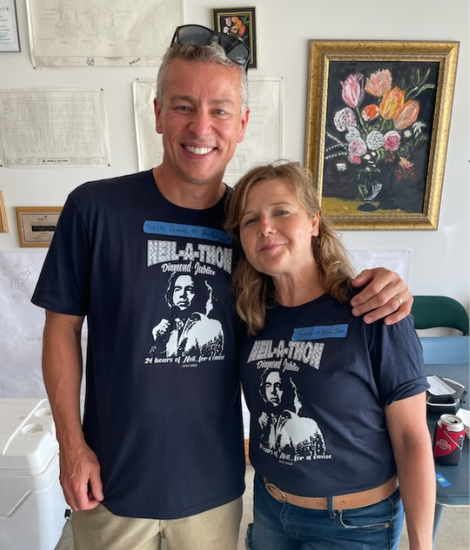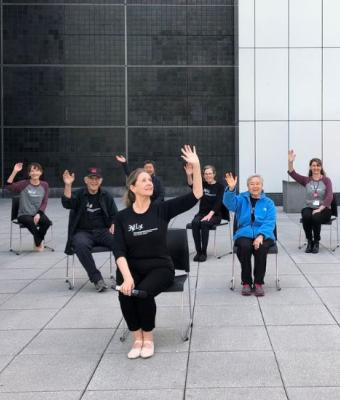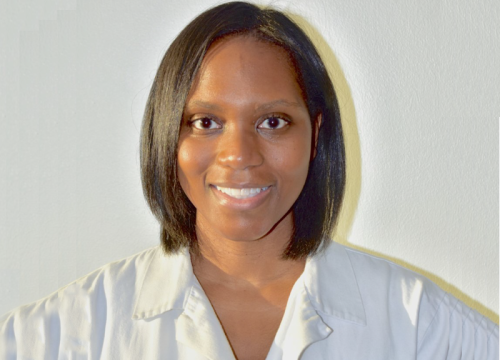My PD Story

Leonardo Parra, PhD
2023 Launch Award
Discovering the Hidden Healthy Role of a Parkinson's-associated Protein
Proteins are molecules that play critical roles in the body. Chemical modifications can be made to proteins to subtly or dramatically change their form and function. Alpha-synuclein, a protein found in neurons (i.e., brain cells), has a particular modification called Ser129P that has been linked to Parkinson’s disease (PD). However, the intended function of this modification in healthy neurons is not currently known. Leonardo Parra-Rivas, PhD, recipient of a Parkinson’s Foundation Launch Award, seeks to identify the role of Ser129P alpha-synuclein to better understand how it may go awry in the context of PD.
All alpha-synuclein proteins found in Lewy bodies — protein clumps formed by misfolded alpha-synuclein that have been associated with neuronal degeneration — have the Ser129P modification, making it a hallmark of PD. Despite this, recent studies have shown that neurons need at least a small amount (~4%) of their alpha-synuclein to have this modification to work properly, raising questions as to the functional importance of Ser129P alpha-synuclein in healthy cells.
Dr. Parra-Rivas, a Postdoctoral Research Fellow in the lab of Dr. Subhojit Roy at the University of California San Diego, hopes to answer these questions. He will first determine if Ser129P is required for alpha-synuclein to function properly. Using genetically modified neurons (both from mice and humans) grown in petri dishes, Dr. Parra-Rivas will compare the activity of alpha-synuclein with and without Ser129P, looking at the protein’s ability to regulate neurotransmitter release.
Next, Dr. Parra-Rivas will investigate whether Ser129P mediates the contact between alpha-synuclein with two partner proteins, VAMP2 and synapsin. Using similar neuron models as before, Dr. Parra will conduct studies to measure how much normal alpha-synuclein binds to those partner proteins in the presence and absence of Ser129P.
Finally, Dr. Parra-Rivas will test the hypothesis that Ser129P can suppress alpha-synuclein toxicity, and that Lewy bodies are not toxic themselves, but rather a protective mechanism. He will create neurons with PD-like dysfunction and see how the presence or absence of Ser129P affects the formation of Lewy bodies and the overall health of the neuron. If the neurons without Ser129P do not form Lewy bodies and fare worse, that will provide encouraging evidence on the health importance of Ser129P and guide the way for potential PD therapies that take advantage of the modified protein.
For Dr. Parra-Rivas, receiving this Launch Award to support his research is motivating professionally and personally: “Receiving this award is an honor and a big responsibility for me. PD affected my grandfather for several years before passing; this personal experience inspired my scientific commitment to elucidating this disease. My research aims to establish a new paradigm defining the physiological role of alpha-synuclein Ser129P at synapses, offering a new conceptual platform for investigating the function of alpha-synuclein in PD with implications for drug development and gene therapy.”
Meet more Parkinson’s researchers! Explore our My PD Stories featuring PD researchers.
Related Materials
More Stories
from the Parkinson's community




